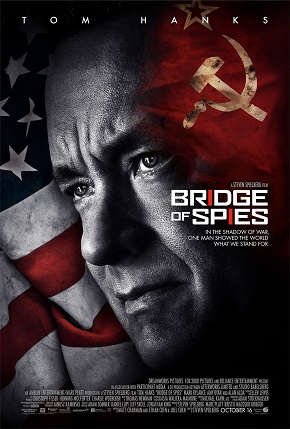The year is 1927 and the place is Chicago. 6 men are in a claustrophobic recording studio, waiting for the arrival of blues singer Ma Rainey (Viola Davis). While Ma’s agent, Irv (Jeremy Shamos) and studio owner Mel Sturdyvant (Johnny Coyne) wait upstairs, the members of Ma’s band gather in the rehearsal room. They’ve been given a list of songs to rehearse. As is quickly made clear, the band doesn’t have much say about which songs they’re going to perform and record. In fact, Irv and Mel pretty much go out of their way to have as little contact with the black musicians as possible.
The band is made up of Cutler (Colman Domingo), Slow Drag (Michael Potts), Toledo (Glynn Turman), and a trumpet player named Levee (Chadwick Boseman). Cutler may be their unofficial leader but Levee is the most outspoken. Levee is sick of playing what he calls “jug band music.” He’s written his own songs and he’s shown them to Sturdyvant. He’s convinced that he’s going to start his own band and that he’s going to become a bigger star than Ma Rainey ever was. The rest of the band views Levee with a mix of humor and distrust.
As for Ma, she arrives an hour late, accompanied by her girlfriend Dussie (Taylor Paige) and her nephew, Sylvester (Dusan Brown). She doesn’t apologize for being late and, as soon as she arrives, she starts to make her voice heard. She wants Sylvester to perform a spoken word intro on the record, despite the fact that Sylvester stutters. When Irv and Sturdyvant fail to bring her a coke, she brings recording to a halt until she gets one. She argues about which songs she wants to record and she reprimands Levee for trying to change the arrangement of one of her songs. Ma’s difficult but, as she explains it, she has to be difficult. Irv and Sturdyvant don’t care about her, they don’t care about what her music is actually about, and they certainly don’t care about paying her what she deserves. Irv may claim to care about her but, as Ma tells Cutler, he’s only invited her to his home once and that was so she could sing for his white friends. When they’re in the recording studio, Ma has all of the power and she’s not going to let anyone forget it.
Meanwhile, the members of the band continue to talk among themselves with the conversation always coming back to what it takes to survive in a society run by white people. The three older men seem to have accepted that the world is what it is and that’s it’s never going to change but Levee believes that he has a future. When the other members of the band poke fun at him for the obsequious way that he talks to Sturdyvant, Levee discusses the horrifying trauma of his past. As the recording sessions continues, tempers start to flare until finally, the film climaxes in an act of sudden violence.
Ma Rainey’s Black Bottom is based on a play by August Wilson and, despite a few efforts to open up the story by including a few scenes on the streets of Chicago, it’s an undeniably stagey film. You never forget that you’re essentially watching a film version of a theatrical experience. Fortunately, the performances are so powerful and the dialogue is so sharp that it’s easy to forgive both the film’s staginess and the occasional lapses in pace.
In his final performance before his tragic passing, Chadwick Boseman transforms Levee into a character who manages to be frustrating, sympathetic, and occasionally frightening. From his powerful monologue about what he and his family experienced during his youth to the film’s final anguished moments, Boseman holds your attention every second that he’s on screen. Boseman captures not only Levee’s anger and his ambition but also Levee’s fragile confidence. At the start of the film, he may be bitter about having to play Ma’s music but he’s also perhaps the most hopeful musician in that recording studio and there’s something undeniably tragic about watching him come to realize the truth of his situation. He’s a character about whom many viewers will have mixed feelings but Boseman is never less than compelling. Viola Davis, as well, gives a powerful performance as Ma Rainey, playing her as someone who knows that she can’t afford to show a single moment of weakness. Ma knows that the white men who are in charge of the studio need her more than she needs them and she’s not going to let them forget it. Of the rest of the cast, Glynn Turman is a stand-out as a piano player who knows and understands history in a way that his bandmates don’t.
Ma Rainey’s Black Bottom is currently streaming on Netflix.

